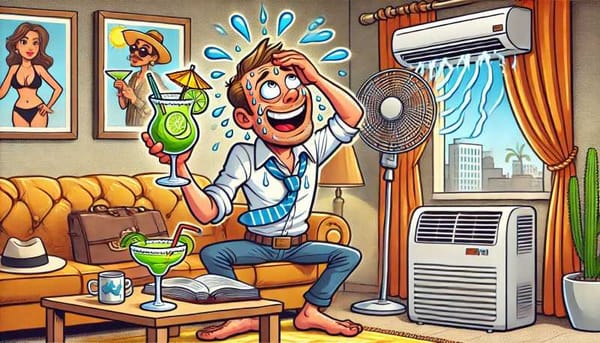The European Union needs to reconsider its place in the world
There is a decline of the United States as a hegemonic power and the rise of China. There is an uneven economic recovery in Latin American countries. The Asian giant and Japan identified Africa as an ideal region for international cooperation projects.

Since the beginning of the 21st century, the European Union (EU) has been facing different types of crises: the financial crisis of 2008, constitutional failure, refugees, Brexit, and the pandemic, which hinders the process of building strategic autonomy and unbalances Europe's role as an economic power and organizational model, according to Marlene Zamarripa Ruiz, professor at the Faculty of Higher Education (FES) Aragón, who added:
The international system was substantially altered due to the end of the Cold War. Today we see a decline of the United States as a hegemonic power, accompanied by the rise of China with projects aimed at turning the Asian country into a dominant force in the coming years.
Participating in the 30th Roundtables of Analysis "Towards the World Order of the 21st Century: A critical view from the prevailing 'normality'", the university expert said that there is also the resurgence of Russia with Vladimir Putin who, by allying with China, further alters the international balance to the detriment of the omnipotent U.S. nation. Both Europe and the Asian giant seek to assert their increasingly evident interests and reduce Western hegemony.
The global preeminence of the eastern country and its influence in the European Union have led them to qualify it as an economic competitor and systemic rival for its promotion of alternative models of government.
Referring to developments in Ukraine, there is evidence of an unstable outlook for Europe; however, it is neither new nor completely unexpected. "With the military incursion in Ukraine, Putin has embodied, more than ever, a policy considered revisionist, to roll back an international order he considers unjust."
Faced with a Russia that seems determined to take this challenge to the ultimate consequences and the alliance of the West that has shown ties in the negotiating and sanctions response, the European Union urgently needs to reconsider its place in the world.
Uneven economic recovery
Monika Meireles, from the Institute of Economic Research, explained that several issues frame the development of Latin America, among them exports, mostly of commodities, and China is the trading partner of most Latin American countries, especially in the Southern Cone.
The arrival of the so-called progressive governments, or the "pink tide", marked the transition from the 20th to the 21st century. "Eyes are on the elections in Colombia and Brazil, so there is a possibility that this context of a boom in the prices of raw materials, minerals, and the agricultural sector will be repeated".
In addition to three events in sequence that also affect the regional economy and politics, and which have not yet been resolved: the global financial crisis, the pandemic, and the difficulties it caused in world reserves and the social sphere.
There is an uneven economic recovery in Latin American nations, for example in the Caribbean, there are low vaccination rates against HIV/AIDS, except Cuba, which makes it difficult to speak of accelerated economic recovery in the face of the "new normality"; the challenges of the pandemic are still present.
The invasion of Ukraine by Russia has short, medium, and long term effects, such as the increase in oil prices, which benefits the oil-exporting countries in Latin America; effects on the agricultural sector, where Russia is one of the largest suppliers of wheat to Europe and due to the sanctions against that country; the demand for this agricultural product will have to be met by Argentina, although this Latin American country has a political rapprochement with Russia.
In the long term, it will lead to rethinking that Latin America can establish reindustrialization strategies in this changing world, "it is the way we have to ensure a more egalitarian and sustainable economic and social development".
Vania de la Vega Shiota, from UNAM's University Program of Studies on Asia and Africa, referred to Japan's international cooperation concerning COVID-19 and pointed out that this country has been surpassed by China as the second-largest economy in the world. In recent years, it has been discussed whether Japan is facing the end of its development model and what are its possible alternatives. Decades ago, both powers identified Africa as an ideal region for their international cooperation projects.
However, Japanese collaboration faces challenges in the scientific field which seem to show a contradiction between the prestige of that nation in terms of technological development and scientific innovation and the goals achieved during the pandemic; while on the economic level, it faces challenges derived from the reduction of gross domestic product resources, as well as political challenges that imply remembering the position it has held since the end of the Second World War until now.
International cooperation has a highly political element and is not synonymous with altruism. Japan has extensive experience in this area and is one of the fronts on which it is a global example, despite the demographic and economic challenges it faces.




